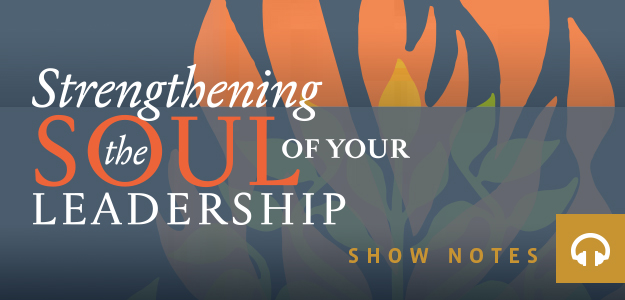
Season 9: Episode 6 | Spiritual Transformation and Family Systems (Part 1)
Church leaders seldom crash and burn because they fail at preaching or ministering. Christian leaders often burn out because they don’t know how to manage themselves and what they’re experiencing. In the first episode of a two-part conversation we lay the groundwork for understanding how human relationships work and our part in those relationships referencing the eight concepts of family systems theory developed by Murray Bowen. Ruth is joined by a new friend R. Robert Creech (PhD, Baylor University), an experienced pastor and seminary teacher to discuss the first three concepts. Robert is the director of pastoral ministries at George W. Truett Theological Seminary, Baylor University, in Waco, Texas and is the author of several books.
You can also access podcast on Google Play or Stitcher.
Listen to other episodes from Season 9 Access past podcast seasons
Mentioned in this podcast:
Family Systems and Congregational Life: A Map for Ministry, R. Robert Creech
The Leader’s Journey: Accepting the Call to Personal and Congregational Transformation, Jim Herrington , Trisha Taylor, and R. Robert Creech
Extraordinary Relationships: A New Way of Thinking About Human Interactions, Roberta M. Gilbert
Exploring Further:
Transforming Community
Ruth Haley Barton
Become a patron: Join a growing movement of transforming leaders. We’ve received fantastic feedback about the podcast, and we would like to create even more episodes. We need you! Become a patron during Lent and receive our Lent: A Season of Returning!
Music Credit:
New Way to Live written by Joel Hanson. I am New written by Joel Hanson and Jason Gray.
The purpose of the Beyond Words blog is to offer helpful and hopeful content and conversation that strengthens the souls of leaders and the congregations and communities they serve. All comments are monitored and the TC reserves the right to delete those that are not consistent with this goal and purpose. Access our comments policy.
Join thousands of pastors and spiritual leaders
Receive Beyond Words®, reflections on the soul of leadership. Written by Ruth Haley Barton, each reflection provides spiritual guidance and encouragement for those seeking to be in God for the world.

Thanks so much for this episode, it was wonderful!
As Robert talked about self differentiation, and the practice of noticing our own behaviors, I wondered about the need for contemplative prayer as a prerequisite to the ability to notice one’s own behaviors. From my own experience, the contemplative prayer practices that I learned in Transforming Community are what began to build up and form my own inner being enough so that I had the ability to notice my own behaviors. In other words, contemplative prayer creates self differentiation, which makes self observation possible. Or maybe they simply mutually support each other?! Either way, I would add contemplative prayer to the list of practices that support healthy boundaries in human systems. Thanks so much for the incredible resource this podcast offers! It’s such a gift to many of us!
Agree that would be a wonderful practice to self differentiate!